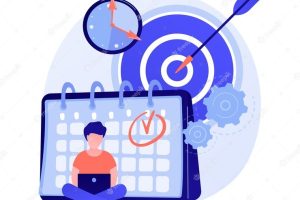Chadwell Careers provides a recruitment solution, with access to talent, skills and content as a service which is tailor-made for digitally native product and service companies like you. We will support you on your growth journey to the next series of funding and market share and ultimately, for those that are the most ambitious and successful, to future Unicorn status.
Important Job Skills
Free ways for Leaning
Learn from others
When learning a skill on the job, one of the best ways to increase your competency is to learn from someone who is already highly skilled in that area. If you have one coworker who is particularly good at one skill, you might ask to shadow them or have a meeting to discuss their strategy for success.
Practice
Once you select a skill to focus on, try to practice it every day. The more you practice a skill in your daily activities at work, the faster you will develop expertise. If possible, begin practicing your skills in low-stakes situations that will not influence the overall quality of your work.













